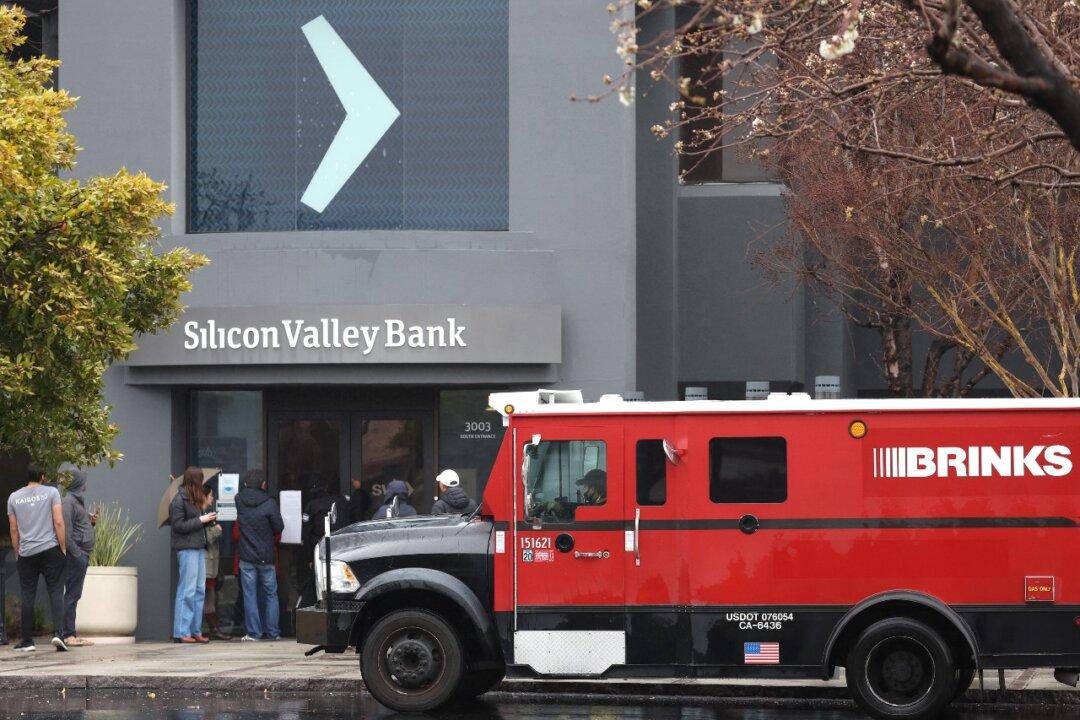The U.S. Federal Deposit Insurance Corporation (FDIC) has transferred all deposits of Silicon Valley Bank (SVB), both insured and uninsured, to a newly created “bridge bank” with a newly named CEO.
A massive run on deposits was triggered over SVB’s bond portfolio and its failure to raise capital, causing money to empty out, leading to the bank’s failure.Two other banks have failed and were taken over by regulators in the past week, including Silvergate Capital and Signature Bank of New York, which were both heavily invested in cryptocurrency.





